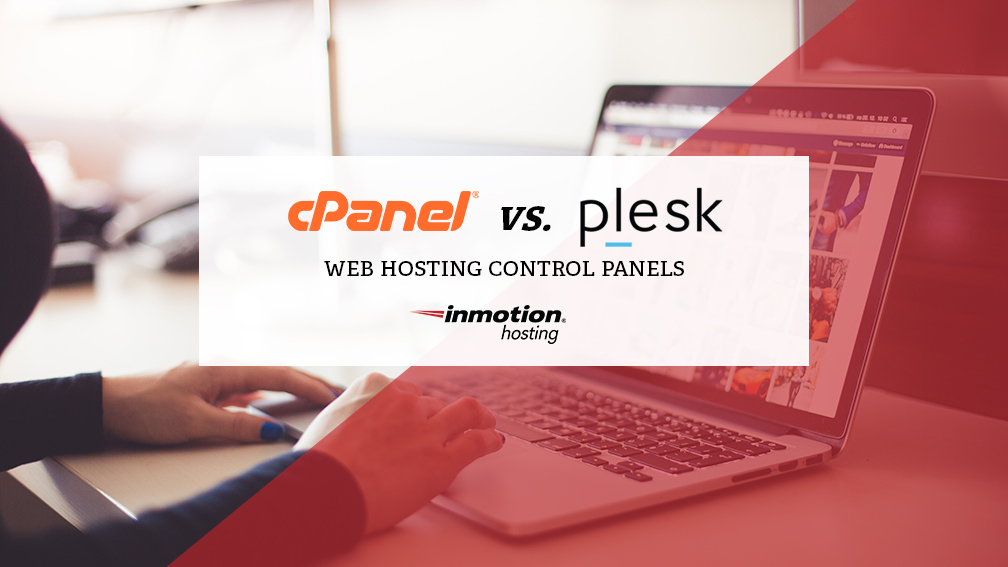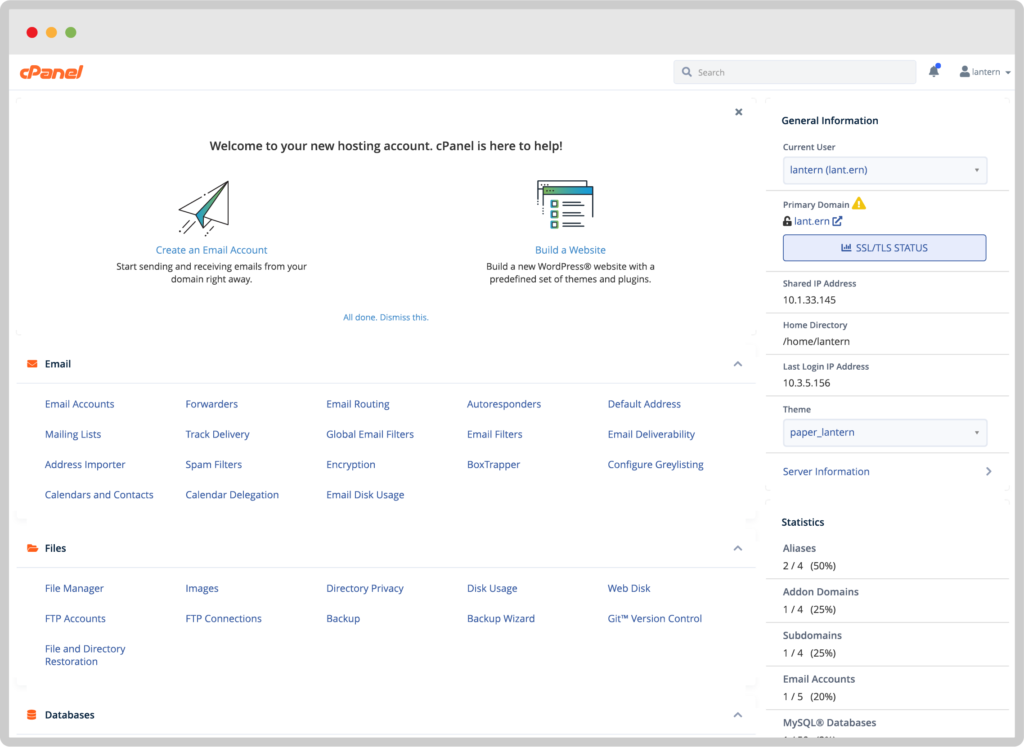
When it comes to the control panel you should use for web hosting, the debate usually comes down to cPanel vs Plesk. These two control panels have been the leading administrative web panels for years, and they give users the best options when it comes to managing their websites.
Let’s take a look at the basics of these two control panels and then do a side-by-side comparison to see exactly how they stack up.
cPanel vs. Plesk – Brief History
Both of these control panels have been around for some time and have an ample opportunity to dominate the web hosting market.
cPanel, however, has been around even longer, having been introduced to the market in 1996. Because it was introduced first, many users who started with it have continued to use it simply out of tradition and comfort. The most recent release is cPanel 102.
Plesk is the newer of the two platforms, introduced in 2001. In the past seventeen years, the panel has gone through different iterations and has continued to evolve. The most recent release is Plesk Obsidian.
cPanel vs. Plesk – Comparison
When you are comparing these two control panels, it is necessary to look at a few different features to see which one meets your individual needs. Here’s the breakdown of features, interfaces, operating systems, and performance.
Features
Both control panels have the same basic features to start with: you can use their tools to manage your email accounts, run File Transfer Protocol (FTP) and manage your databases. However, it is possible to add extra apps to both and here’s where they begin to differ.
Plesk’s additional apps tend to be better than cPanels. For instance, Plesk supports Docker and Git with little to no difficulty. cPanel, on the other hand, can use these apps but you have to do some work to cobble them together. For ease of use in this area, the advantage goes to Plesk.
Interfaces
Now this one is going to be an opinion. Some users believe that cPanel’s interface is too cluttered and difficult to navigate. Other users believe that Plesk is usually considered to be the “cleaner” of the two when it comes to the appearance.
cPanel, however, can be customized so that you can clean up the interface yourself and group features as you need them. As this is strictly a matter of opinion, we’ll call this one a tie!

Operating System
Being similar to interfaces, this category will come down to your familiarity with different operating systems.
cPanel is only available with Linux operating systems. There is a workaround that may let you load it on a Windows server, but officially, cPanel is Linux only.
Plesk is available on Linux or Windows systems.
Again, as this is a matter of opinion, we’ll leave the decision of pro or con up to you.
Performance
With performance, we are looking at reliability as well as speed.
cPanel has cut back on how much memory is used, freeing things up to let their pages load faster. Account creation and management tasks are also significantly faster.
Plesk overall is slower to load especially in the account creation and management areas.
In this case, we’d say that cPanel wins on performance and speed.
cPanel vs Plesk – Who Wins?
When it comes to cPanel versus Plesk, both systems have negatives and positives. Some of these features, such as interface, are purely objective, such as operating system availability is really something you need to decide for yourself. We hope that this has put things into perspective so that you can make the best decision about your web hosting control panel.
InMotion Hosting is a Linux hosting provider, meaning that we proudly use cPanel to power websites around the world. Want power and speed for your website? Consider InMotion’s cPanel Hosting plans.